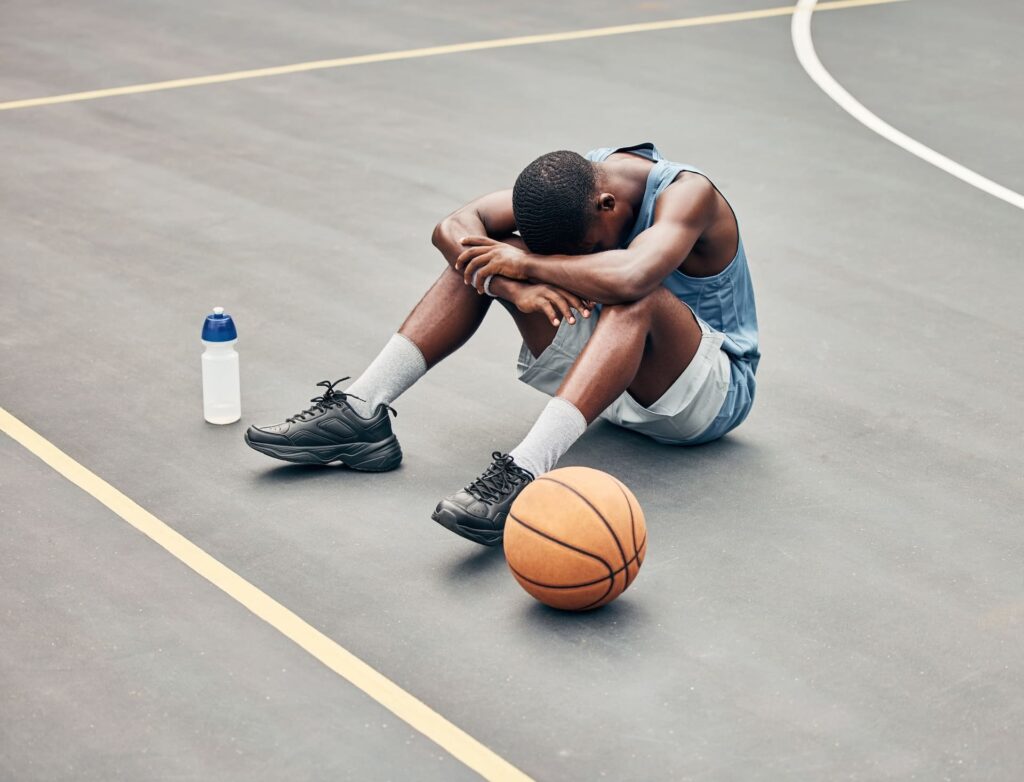In the world of sports, mental toughness is just as important as physical ability. For young athletes, especially in competitive sports like basketball, developing mental resilience can make a significant difference in their performance and overall growth. Mental toughness enables players to remain focused, handle pressure, and overcome setbacks, helping them succeed both on and off the court. At Plenty Progression Skills Training, we emphasize the importance of mental conditioning, teaching young athletes to approach challenges with confidence and a positive mindset.
Mental toughness begins with focus and discipline. In a fast-paced game like basketball, players must stay focused on the task at hand and avoid distractions. The ability to concentrate under pressure is a valuable skill that can help young athletes make quick decisions, react effectively, and stay committed to their goals. By practicing focus in training sessions, players learn to develop a level of self-control that benefits them in various aspects of life.
Resilience is another key component of mental toughness. Basketball, like any sport, involves both wins and losses. For young athletes, learning how to handle defeat and come back stronger is essential for building resilience. We teach our players that failure is not a setback but a stepping stone to improvement. By reframing losses as opportunities for growth, young athletes learn to embrace challenges, develop persistence, and stay motivated despite difficulties.
Confidence is closely linked to mental toughness, as it empowers players to take risks and believe in their abilities. At Plenty Progression Skills Training, we work to boost each athlete’s self-confidence through positive reinforcement and personalized guidance. When kids are confident, they are more likely to perform at their best, take on new challenges, and recover quickly from mistakes. Confidence also helps them remain composed in high-stakes situations, such as competitive games, where pressure can easily affect performance.
Another important aspect of mental toughness is emotional control. In basketball, emotions can run high, especially during intense moments. Teaching young athletes how to manage their emotions helps them stay calm and collected on the court. By practicing emotional regulation, they learn not to let frustration or anger impact their focus. This skill extends beyond sports, as the ability to control emotions is beneficial in academics, relationships, and daily life.
Goal-setting is an effective tool for building mental toughness. When young athletes set achievable goals and work towards them, they develop a sense of purpose and motivation. Our coaches help players establish both short-term and long-term goals, guiding them in creating a plan to reach their objectives. This structured approach to goal-setting helps athletes stay committed and focused, even when progress seems slow.
Visualization is another technique we use to build mental resilience. By imagining themselves successfully executing a move or completing a game, young athletes can boost their confidence and reduce anxiety. Visualization helps players mentally prepare for various scenarios, making them feel more prepared and focused during actual games.
Lastly, mental toughness allows young athletes to develop a positive attitude toward improvement. In basketball, improvement is a continuous journey. Players who are mentally tough understand that setbacks are part of the process, and they approach each challenge as an opportunity to grow. This mindset enables them to keep improving and to see their development as a long-term journey rather than a quick fix.
In conclusion, mental toughness is a vital skill for young basketball players, providing them with the tools to handle challenges, stay focused, and approach each game with confidence. At Plenty Progression Skills Training, we prioritize mental conditioning as part of our holistic training approach, helping young athletes become resilient, focused, and ready to succeed on the court and beyond.

